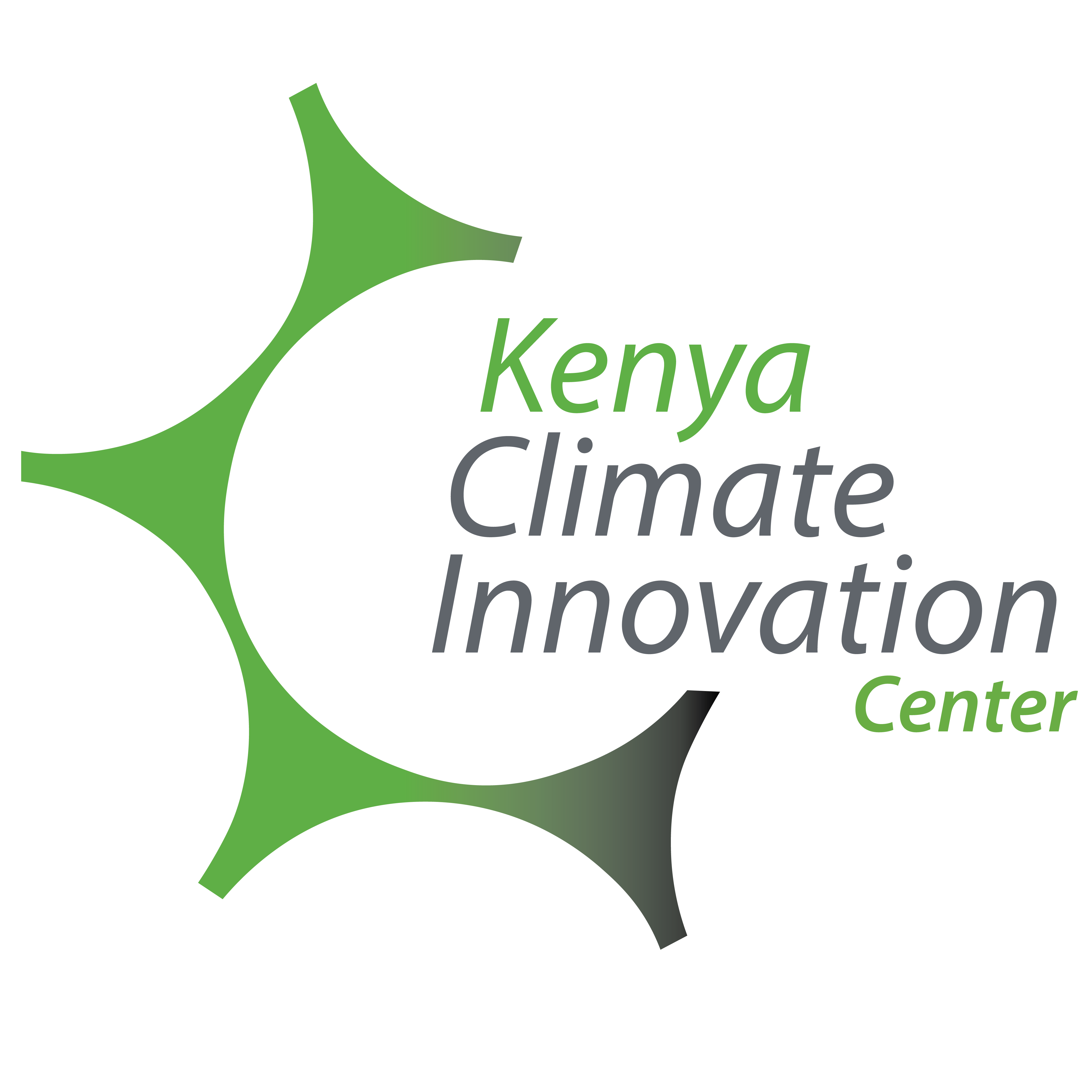Annex 1: Tentative Conference Programme
Corporate Commitment to Climate Change and Sustainability in Kenya (4C-K) Conference
Venue: Strathmore University + Zoom
Date: 10th November 2021
| Time | Activity | Panelists + Moderator |
|---|---|---|
| 7 AM | Registration and welcome | |
| 7:30 – 9:00 AM | Opening remarks
|
|
| 9:00 – 9: 30 AM | Signing of the 10-point charter (Government + Private Sector) and unveiling of sustainability awards | |
| 9:30 – 10:00 AM | Tea Break (Chief guest and other CEOs are free to leave) | |
| 10:00 – 11:15 AM | Panel Discussion: The progress of private sector in addressing climate action Launch: Private Sector Strategy on climate change |
|
| 11:15 – 12:30PM | Panel Discussion: Green finance: A blended finance approach Launch: Green Financing Report |
|
| 12:30 – 1:30 PM | Panel Discussion: Climate prospectus, road map to a private sector driven climate action plan |
|
| 1:30PM | Lunch and close |
Guiding questions
1st Panel: The role of private sector in addressing climate action
EABL: What is your position on the role of technology transfer as a driver for climate resilience?
Additionally, our virtual marketplace and digitization the future of a zero net private sector?
Safaricom: In addition to sustainability reporting, how can mobile technologies be harnessed to drive net-zero emissions by 2050?
In terms of designing and implementing a decarbonization pathway, how can the telecommunication industry in Kenya, leverage the Science-Based Targets Initiative (SBTI)?
FAO: The increasing challenges posed by the adverse impacts of climate change, pose serious challenges to creating sustainable food systems especially for vulnerable groups such as persons with disabilities. Which mechanisms has FAO put in place the cushion the vulnerable populations from climatic effects?
What would you say have been the impacts of the Koronivia Joint Work on Agriculture in relation to the status of agriculture within the international climate discourse?
2nd Panel: Green finance: A blended finance approach
KBA:- How can policy influence the deliberate contribution of the private sector on climate resilience? What has been done and what needs to be enhanced?
Who in your opinion ought to be the key players during the design, implementation of the policies?
FSD Kenya:- How can the private sector leverage carbon credits for climate resilience?
What are the existing green financing adaptation projects and opportunities for the private sector? How can the youth assess this opportunity for social-economic development?
KCB:- The CBK has recently published guidelines of climate risk management and as part of the new regime that requires the private sector especially the banking sector to tighten its framework on managing climate-related risks. What is your take on this? What role do you think the guidelines will play in changing the perspective of the banking sector?
Within the Private sector the bank has made noticeable strides in the space of sustainability, however, there have been noticeable challenges- kindly share some of the factors impeding green investments within the private sector?
3rd Panel: Climate prospectus: roadmap to a private sector driven climate action
UNEP:- What is the role of the private sector towards the attainment of the Sustainable Development Goal no. 13 on climate resilience?
What would the implications of the emissions gap for the feasibility of achieving the long-term temperature goal of 1.5C as outlined by the Paris Agreement?
Kenya updated its NDC and submitted a more ambitious commitment. Is it attainable and what can impede Kenya from achieving this?
KAM:- From a manufacturing perspective what are the undelaying consumption problem and why lifestyles are critical to tackling climate change? Realizing lifestyle change: which mechanisms encourage low-carbon lifestyles within the manufacturing sector.
What is the implication of the COVID-19 pandemic and associated recovery measures on GHG emissions by 2030?
KCIC:- What is the future of climate innovation in strengthening the climate adaptation ecosystem? What opportunities and challenges do innovation present towards the achievement of the goals outlined in the UNFCCC and its Paris agreement?
In terms of emerging technologies such as artificial intelligence, machine learning, and robotics, how can the private sector leverage these technologies to re-engineer climate-smart business models?








